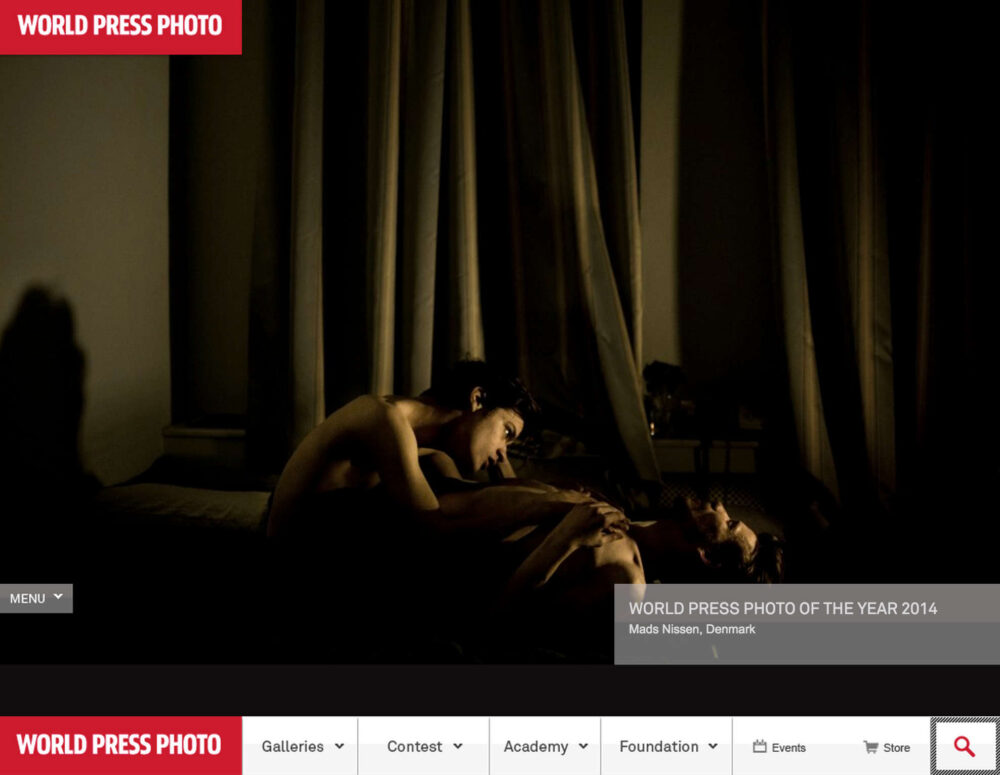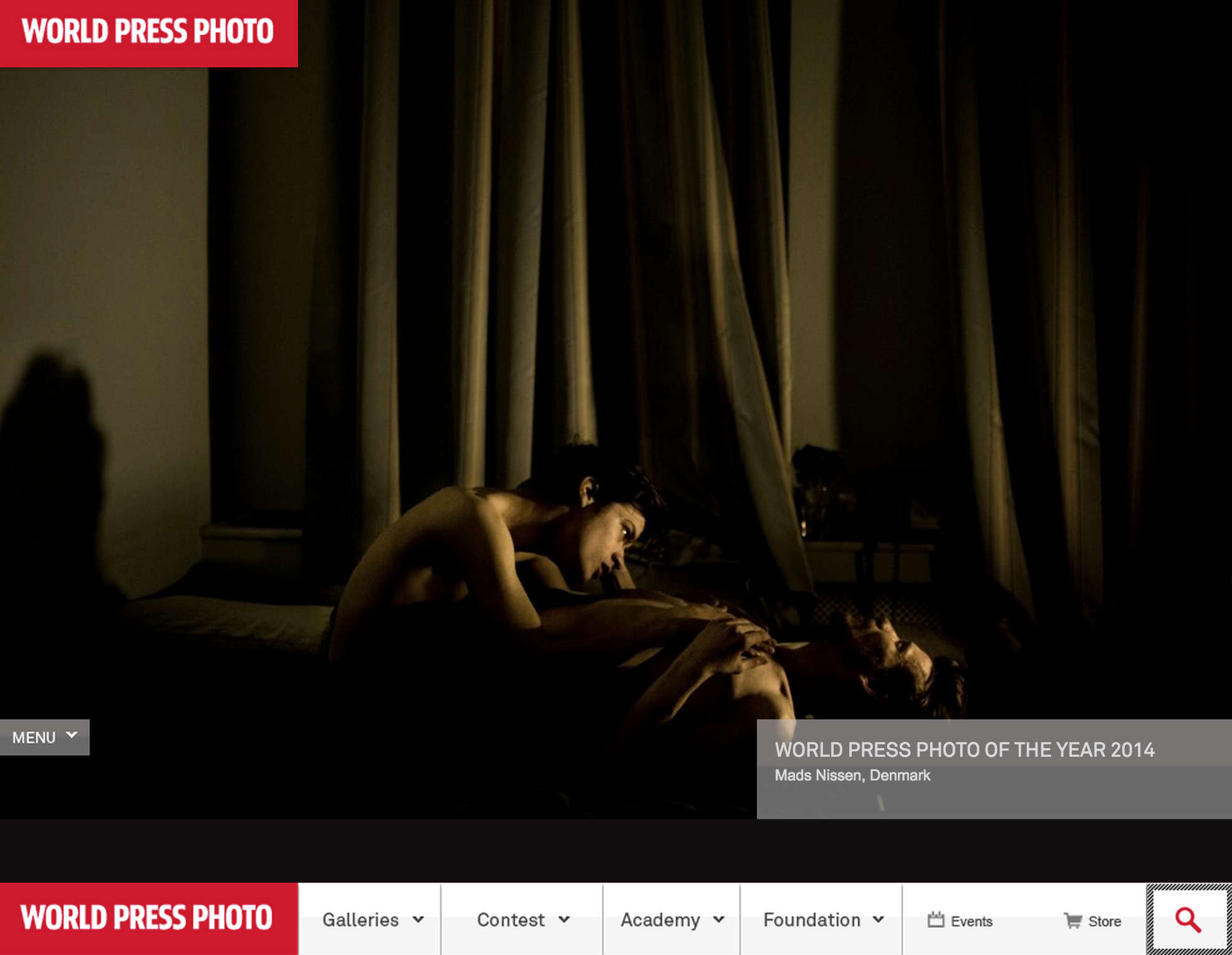Share
Leadership Looks Like World Press Photo
I have been very critical of World Press Photo’s response to many years of photo contest controversy (here, here, here). WPP has had a number of...

I have been very critical of World Press Photo’s response to many years of photo contest controversy (here, here, here). WPP has had a number of missteps – not necessarily for lack of trying – but because manipulation and ethics are slippery, and quite frankly it didn’t feel like they wanted to lead on these issues. Thus, the response to the various controversies necessarily felt reactive.
In March, I made the following suggestions:
- Convene a panel of photojournalists from around the world to form an ethics committee. This is a modestly compensated group with rotating seats to ensure continuity from year to year. This group is responsible for 1) creating a methodology for investigating and resolving ethical issues, 2) issue rulings when winners come into question, and 3) liaise with other major photojournalism contests to work towards a unified understanding of ethics.
- Release the tools and criteria for determining disqualified images
- Alter the terms of the contest so that rejected images can be published for educational purposes
- Create a set of visual guidance on what is and is not allowed based on real news photos
- If the aforementioned seems too onerous, then rename simply rebrand: World Photos.
Today, World Press Photo:
- Released its first code of ethics based on 17 consultations with photographers, editors and publishers around the world.
- Released four videos that provide visual guidance of acceptable and unacceptable manipulation
- Published a Judging Procedures Handbook
- Implemented a five day verification process (including a manipulation review) after the jury decision to fact-check the winners
- Announced the launch of an online channel that Time reports “will commission and curate new work, report on the opportunities and challenges of photojournalism, conduct analyses and lead debate.”
They did not, however, change their name.
I am not suggesting that any of my past criticisms have anything to do with the positive changes they have made. And quite honestly, it doesn’t matter. All the suggestions in the world are worthless if a good leader doesn’t have the will to institute change. The work that went behind today’s announcement helps to restore some luster to a prominent brand at a time when we need it.
The changes won’t categorically prevent controversy, but they do set an example for the rest of the industry on a thoughtfully-constructed contest for the 21st century.
***
Download PhotoShelter’s Free 2016 Photographer’s Guide to Photo Contests




